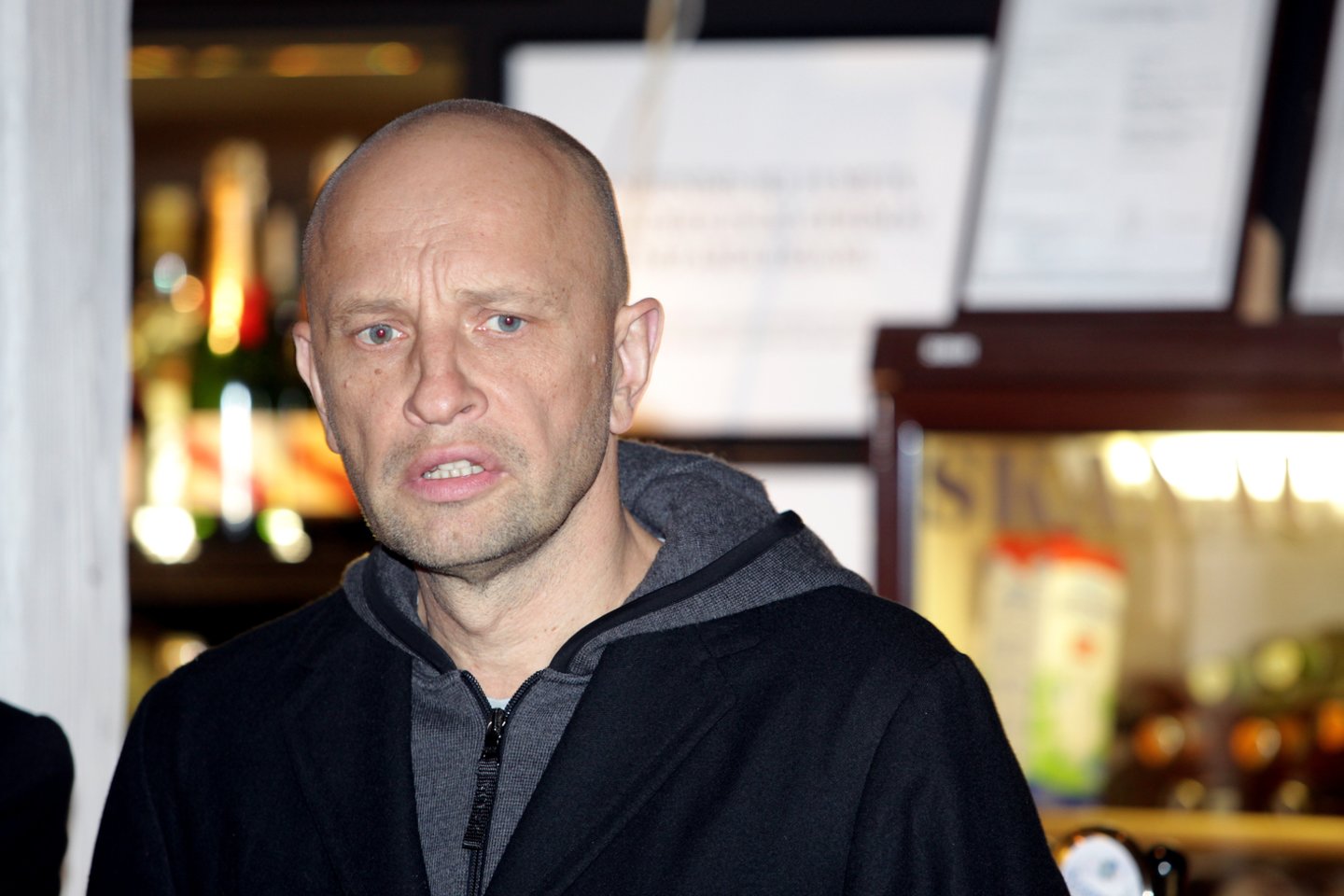Russia has always attacked and killed
Russia’s history is a series of almost endless wars, armed conflicts, violent confrontations, and special operations. Historians had counted more than 75 wars and armed conflicts since the end of the 17th century, when the Russian Empire was founded, and the present day.
It can therefore be argued that Russia’s reputation as an aggressor country has been earned by its consistent, brutal show of force, both against neighbouring states and against other countries.
Russia has always astonished the world with its indiscriminate brutality, where human life is just a number, a tool for intimidation. And the ultimate goal is victory – whether real or imaginary is a question of perspective – at any cost, regardless of losses. This was the tactic under Peter the Great, and it was the tactic in the Second World War.
The myth that „Russia has never attacked anyone“ still persists. But one only has to look at a map to wonder how this peaceful and friendly country managed to increase its territory more than 7 times in 350 years, from 3 million square kilometres in 1547 to 21.8 million square kilometres in 1914.
We raised this dragon ourselves
Living next to Russia has always been a pure headache, no matter what, but for this country, attacking its neighbours has become almost a fetish. However, history reveals that after every war, massacre and kidnapping, the dragon, satiated with its fill of war, slaughter and kidnapping, would calm down and consistently tempt Western leaders, merchants, and businessmen, whose financial injections would help it to lick its wounds and gather strength for a new death-dealing campaign.
The October Revolution, which created a new monster, the Soviet Union, was carried out with German support and financial help for the revolutionaries. During the Second World War, the Western countries financed Stalin’s war machine to the fullest until it finally subjugated the entirety of Eastern Europe. After the collapse of the Soviet Union in 1991, the West also provided support, sending food, funding special programmes, and encouraging entrepreneurs to invest. So the wounded dragon took to the skies and started sowing death again. The war in Georgia in 2008, Crimea in 2014, and the aggression in Donbas remained without real sanctions. The West itself even supplied military equipment and components for the modernisation of fighter jets and tanks. Almost all the biggest international brands have established themselves in Russia, and corporations that have turned a blind eye to the brutal treatment of their citizens by the government have seen their profits grow year on year until the dragon came out in full swing and sowed death in Europe again.
Russia, with a population of over 140 million, has always been an oasis for global business, where you can make a quick and good buck. It is one of the biggest markets in Eurasia, with huge potential, and the first to seize it will reap the greatest rewards. On the other hand, it is a great opportunity to exploit Russia by pumping out raw materials and natural resources. The race for profits that thus began and gathered momentum has created a sufficient financial flow to allow the dragon to stand on its feet.
In Russia, businesses are created through deception
The usual way of doing business in Russia, where not only logos and products but also the business model itself are copied unapologetically, suggests only one thing: fleeing from that market and never looking back.
My personal experience of trying to trust Russian businessmen and trying to do a business deal with them has opened my eyes to the fact that they do not know an honest business model. To deceive, extort information, and cheat is their typical modus operandi.
When Russian business partners stole a Chili franchise without any scruples after declaring their extreme interest in the deal, I had to take it as a life lesson. This is how they do business – they take what they need and disappear. Money in Russia is understood without too much effort, and, as we know, many of the oligarchs who have emerged there operate with the knowledge of the highest officials.
You might wonder how I got baited. The impression they are able to create at the outset is one of masterful brainwashing. This whole country is built on a grotesque mechanism of manipulation.
The belief that once you sign a contract, you are assured of the success of the deal is an Achilles Heel. No contracts or commitments are valid for them. The Russian legal system and the perception of it are far from being equal to the legal system as we perceive it in the West.
There, the law is applied in different ways, as the situation requires. There is even an expression to describe it – there are equals, and there are more equals. For the elites who support the state, legal norms are not applied or are much broader, while the same law can be interpreted in a completely different way when it comes to dealing with those who are vulnerable or disliked.
And there will be no other way, and we need to realise that Russia is toxic. And it operates according to the rules of the criminal world – business is no exception. Many Western and Lithuanian businessmen have been cheated and ripped off trying to do business in Russia. But few of them dare to talk about it – it is embarrassing to think about, it is not cool to talk about. It is usually written off as a loss, and we throw up our hands and move on to other spheres and countries.
And even if we manage to achieve the exception to the rule and create a profitable business in Russia, in the long run, I have no doubt that losses are still guaranteed. If you want to be accepted there, you have to be just like them – you have to indulge in vodka, you have to be able to handle the extra cash flow, and you have to have special connections that are not available to all mortals.
History is unforgiving, and this is the third time in a few decades that businesses have had to retreat from the Russian market because of the unfavourable geopolitical situation.
This is our third withdrawal from Russia and let us make every effort to make it the last. The first time Lithuania had to look for markets in the West immediately after the restoration of independence, the second time was in 1998 when Russia suffered a financial crash, and the current third time, which started slowly in 2014 with the first sanctions and should finally be the final one in 2022, for good.
So perhaps it is time to answer yourself very clearly how many more times will you need to repeat this, how many more times will you be willing to experience the ground slipping beneath your feet before you realise that the glorious Russian market is just a carefully manipulated mirage of an oasis, hiding a wounded and insidious dragon.

